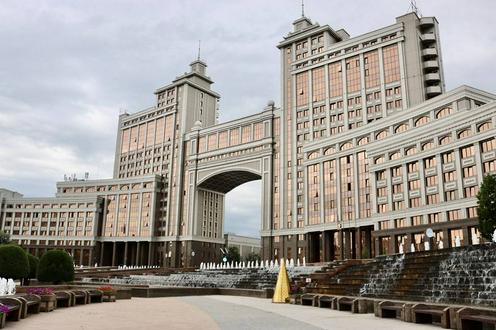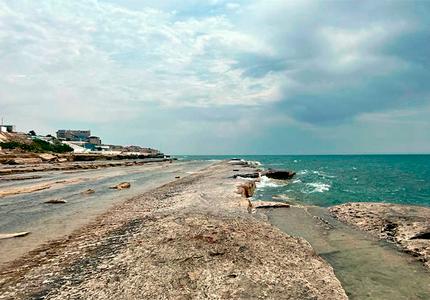The suspension of operations at the Orenburg Gas Processing Plant (GPP) following a drone attack has not affected gas supplies to Kazakhstan, the country’s Ministry of Energy said in a statement.
The ministry thus dismissed reports circulating in several media outlets and on social networks about possible gas shortages in Astana and other regions. Gas supplies to the capital and the regions “are operating normally, in full volume, and without any restrictions,” the statement said.
According to the ministry, supply stability is ensured through prearranged reserve mechanisms. Any shortfall is promptly compensated within the framework of existing contracts, so there is no gas shortage for domestic consumers, including the capital’s combined heat and power plants, and none is expected.
The Orenburg GPP is expected to resume receiving Kazakh gas soon. Due to current restrictions, the operator of the Karachaganak field (the source of the gas) has temporarily reduced production volumes in a controlled manner.
“This measure does not affect the fulfillment of obligations to supply gas to the domestic market of Kazakhstan. Production will return to planned levels immediately after the plant resumes normal operation,” the ministry added.
According to Reuters, Kazakhstan was forced to cut oil and gas condensate production at Karachaganak by 25–30% after the gas flow to the Orenburg plant was halted.
The Orenburg GPP is Russia’s largest natural gas processing facility. News of the drone attack emerged on the morning of October 19. According to Orenburg Region Governor Yevgeny Solntsev, the incident caused “a fire in one of the workshops.”
Karachaganak is an oil and gas condensate field in western Kazakhstan. Part of the extracted gas is reinjected into the reservoir, while the rest is sent to Russia’s Orenburg plant, as there are no processing facilities at the field itself. Under existing agreements, up to 9 billion cubic meters of gas per year can be supplied from Karachaganak to the Orenburg GPP through 2038.










